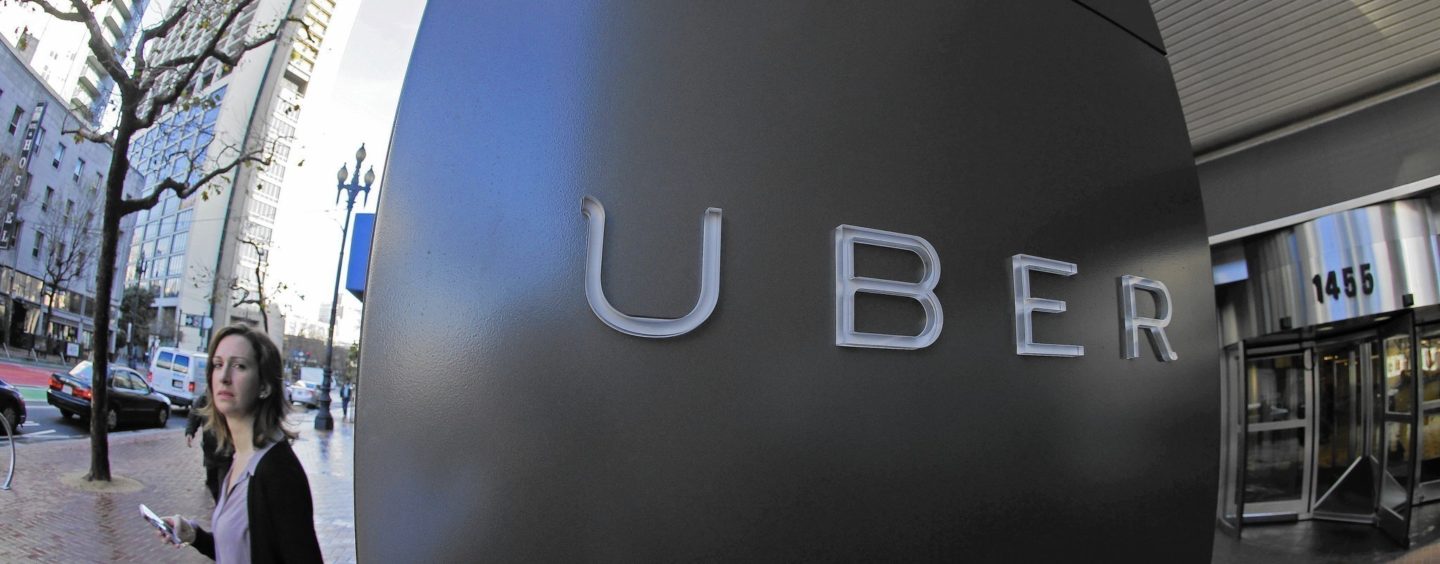The Federal Trade Commission recently announced Uber, the growing transportation company, is to pay $20 million in settlement charges.
These charges include a statement reading, “it misled prospective drivers with exaggerated earning claims and claims about [vehicle] financing”.
According to the FTC, Uber overstated how much drivers could expect to make in a number of cities.
The FTC alleges that Uber claimed on its website that uberX drivers’ annual median income was more than $90,000 in New York and over $74,000 in San Francisco. The FTC alleges, however, that drivers’ annual median income was actually $61,000 in New York and $53,000 in San Francisco. In all, less than 10 percent of all drivers in those cities earned the yearly income Uber touted. The FTC also alleges that Uber made high hourly earnings claims in job listings, including on Craigslist, but that the typical Uber driver failed to earn those advertised hourly amounts in various cities.
In an emailed statement, Uber said it was “pleased to have reached an agreement with the FTC” and that it had “made many improvements to the driver experience over the last year.” The company did not admit to any of the allegations in the settlement.
The figures in the release represent gross payments from Uber to drivers. Because the company treats them as independent contractors, the drivers are responsible for providing the vehicle, maintenance, insurance, fuel, and iPhone (although the latter can be leased from Uber). Drivers are also responsible for paying income and Social Security taxes.
The site NerdWallet estimated that to make $50,000 a year above expenses and Uber’s cut of revenue, a driver would have to complete 60 trips on the average. Depending on the specific market, the number could run between 45 and more than 80 trips.
The FTC complaint further alleged that Uber made exaggerated claims about vehicle financing. Drivers were told that they could receive the “best financing options available,” regardless of credit history. Furthermore, Uber allegedly told drivers they could get payments as low as $17 to $20 per day, or $119 to $140 a week. But the FTC said that between late 2013 and April 2015, the median lease payments were $160 and $200. In addition, drivers working through Uber’s plan supposedly received worse rates than drivers with similar credit scores.
In addition to the $20 million payment, which is intended to provide refunds to affected drivers, the settlement prohibits Uber from making any “misleading” representations about pay or financing or leasing terms and conditions.
The action follows settlement of Massachusetts and California driver class action suits last year for $84 million, plus an additional $16 million should Uber go public. But a court rejected the amount as insufficient. There was also a settlement over a passenger class action suit that claimed the company wrongly marketed its safety record.
Are you a victim of fraud or money scam? Share your story with us on the Money Credit and You Facebook page! Original article published on www.forbes.com.
Original article published on www.forbes.com. Photo courtesy of Chicago Tribune.






